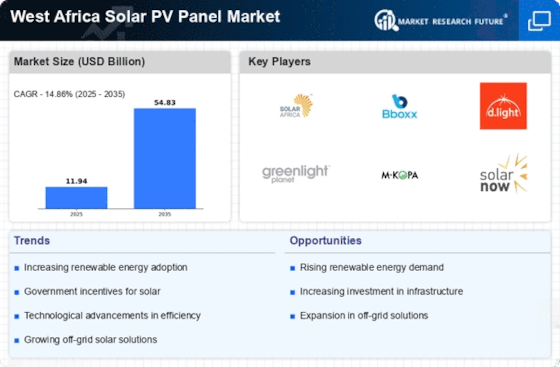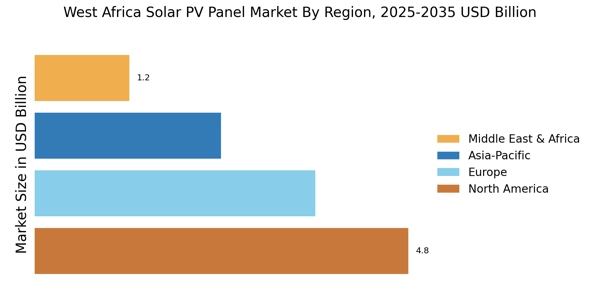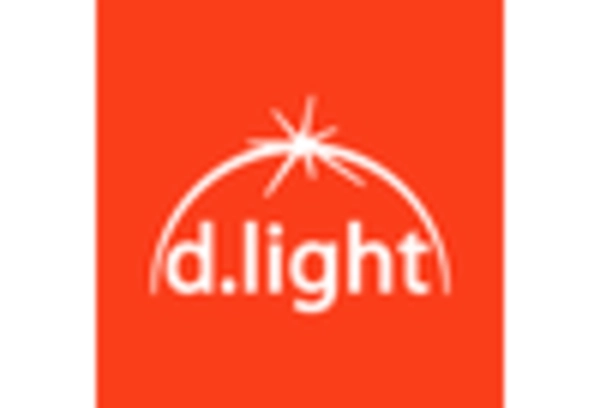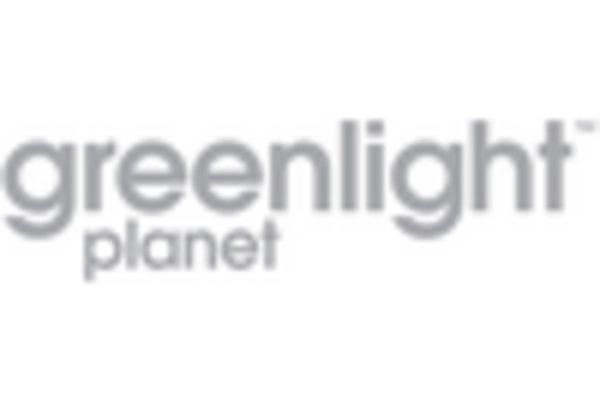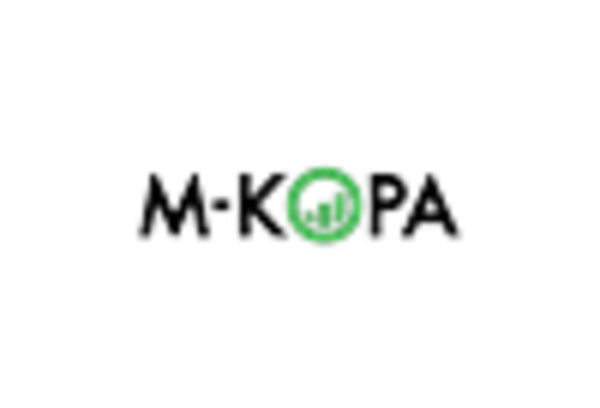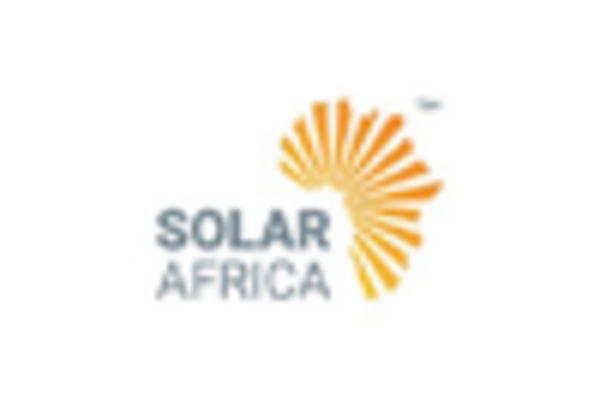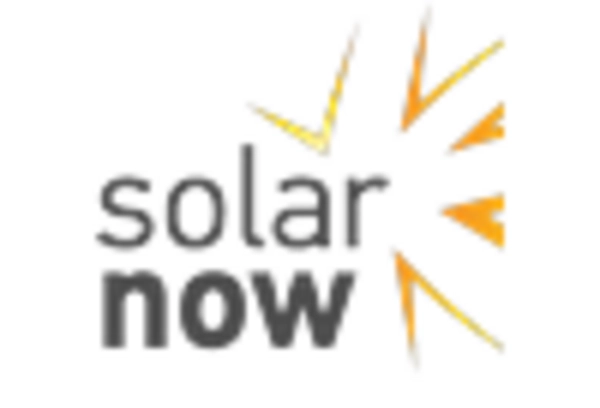Increasing Energy Demand
The West Africa Solar PV Panel Market is experiencing a surge in energy demand, driven by rapid urbanization and population growth. According to recent estimates, the region's energy consumption is projected to grow by over 5% annually. This escalating demand for electricity creates a pressing need for sustainable energy solutions, positioning solar PV as a viable alternative. As traditional energy sources struggle to keep pace, solar energy emerges as a crucial component in meeting the energy needs of both urban and rural populations. Consequently, this growing demand is likely to propel investments in solar PV technologies.
Technological Innovations
Technological advancements play a pivotal role in shaping the West Africa Solar PV Panel Market. Innovations in solar panel efficiency, energy storage solutions, and smart grid technologies are enhancing the feasibility and reliability of solar energy systems. For example, the introduction of bifacial solar panels, which capture sunlight from both sides, has the potential to increase energy output significantly. Furthermore, improvements in battery storage technologies allow for better energy management, making solar energy more accessible and reliable. These technological developments are expected to drive down costs and improve the overall performance of solar PV systems in the region.
Environmental Sustainability Goals
The West Africa Solar PV Panel Market is significantly influenced by the growing emphasis on environmental sustainability. Many countries in the region are setting ambitious targets to reduce carbon emissions and transition to cleaner energy sources. This shift is often driven by international climate agreements and local environmental policies. As a result, solar energy is increasingly viewed as a key solution to meet these sustainability goals. The commitment to reducing reliance on fossil fuels and promoting renewable energy sources is likely to stimulate further investments in solar PV technologies, thereby enhancing the market's growth prospects.
Government Incentives and Subsidies
The West Africa Solar PV Panel Market benefits from various government incentives and subsidies aimed at promoting renewable energy adoption. These initiatives often include tax breaks, grants, and low-interest loans for solar projects. For instance, countries like Nigeria and Ghana have implemented policies that encourage both local and foreign investments in solar energy. Such financial support not only reduces the initial capital burden on investors but also enhances the overall attractiveness of solar projects. As a result, the market is likely to witness increased participation from private sector players, thereby accelerating the deployment of solar PV systems across the region.
International Partnerships and Investments
The West Africa Solar PV Panel Market is increasingly characterized by international partnerships and investments aimed at expanding solar energy infrastructure. Various foreign entities are collaborating with local governments and businesses to develop solar projects, often bringing in much-needed capital and expertise. For instance, partnerships with European and Asian firms have led to the establishment of large-scale solar farms in countries like Senegal and Ivory Coast. Such collaborations not only enhance the technical capabilities of local players but also contribute to job creation and economic growth, thereby fostering a more robust solar market.
.png)

